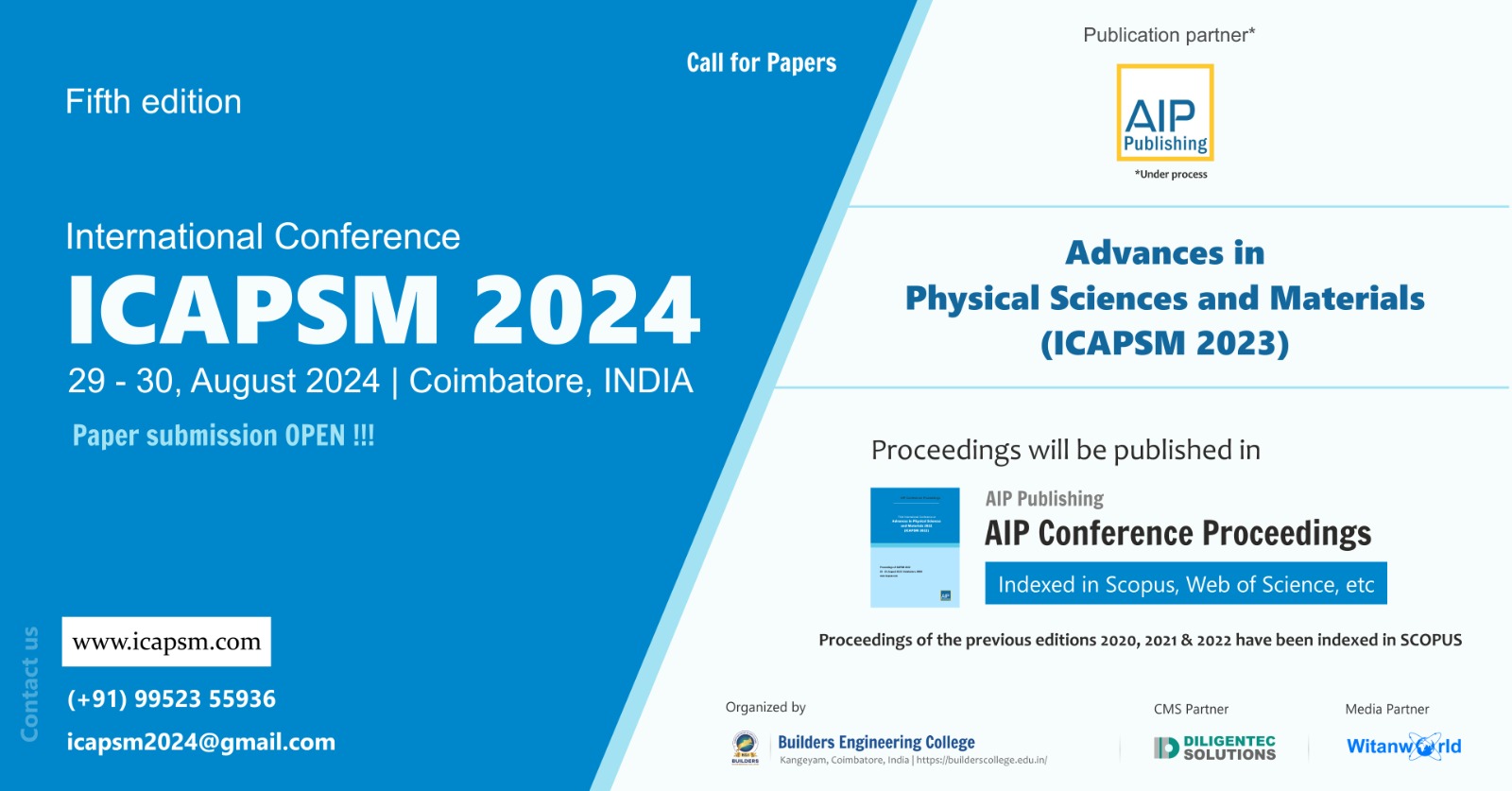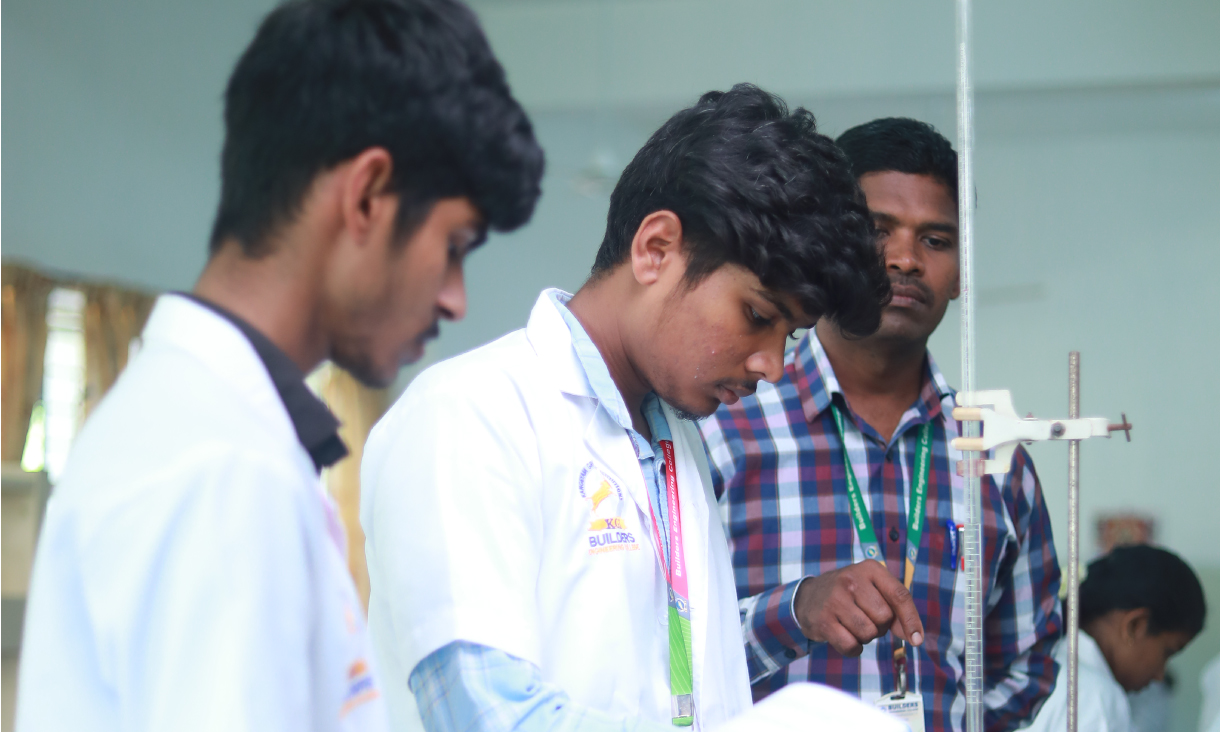The research policy of BEC aims to foster a vibrant research culture, promote excellence in research, and contribute to the advancement of knowledge. The policy establishes guidelines and principles for conducting ethical and high-quality research, facilitating collaboration, and ensuring the responsible dissemination and utilization of research outputs.
1. Research Governance and Support
1.1. Research Management Structure
The BEC Centre for Research is responsible for overseeing research activities, coordinating funding opportunities, and providing administrative support to researchers. The Centre for Research will work in collaboration with all departments and committees to ensure effective research governance.
1.2. Research Infrastructure and Resources
BEC will strive to provide state-of-the-art research infrastructure, equipment, and facilities necessary to conduct cutting-edge research.
2. Research Ethics and Integrity
2.1. Ethical Conduct
Researchers at BEC are expected to uphold the highest ethical standards in their research activities. Compliance with relevant national and international ethical guidelines and regulations is mandatory.
2.2. Publication Ethics
Researchers are expected to adhere to the highest standards of publication ethics, including the appropriate acknowledgment of contributions, avoidance of duplicate publication, and proper citation practices. Plagiarism and any form of academic misconduct in publishing will be considered a serious breach of research ethics.
2.3. Research Misconduct
BEC will not tolerate research misconduct, including plagiarism, fabrication or falsification of data, or any other form of unethical behavior.
3. Research Collaboration and Partnerships
3.1. Collaboration Opportunities
BEC actively promotes research collaboration among its faculty members, as well as with external partners from academia, industry, and the community. Researchers will be encouraged to seek interdisciplinary collaborations and leverage external expertise to address complex research challenges.
3.2. Funding Proposal
BEC encourages and inspires faculty members to actively pursue research projects from esteemed national funding agencies such as SERB, DBT, DST, ICSSR, UGC, and similar institutions.
4. Intellectual Property and Commercialization
4.1. Intellectual Property Ownership
Researchers at BEC retain the intellectual property rights to their research outputs, subject to applicable laws and contractual obligations. The institution recognizes the importance of protecting researchers’ intellectual property and will support their efforts to secure patents, copyrights, or other forms of protection.
4.2. Technology Transfer
BEC encourages the commercialization and transfer of research outcomes to benefit society. Researchers will be supported in exploring potential commercialization opportunities, establishing spin-off companies, and collaborating with industry partners for knowledge exchange and technology transfer.
POLICY IMPLEMENTATION GUIDELINES
- Faculty members and students of BEC are expected to engage in research that leads to high-quality publications.
- Faculty members of BEC are motivated to get financial support from various funding agencies.
- Research excellence is one of the criteria for faculty member promotion, and it will be evaluated alongside other factors.
- Incentives will be provided annually as per BEC-HR policy for the following research outcomes:
- Paper publications in SCI / SCIE journals and in reputed conferences
- Book / book chapter publications indexed in Scopus / WoS
- Patents published and / or granted
- Research grants secured and consultancy works
- TA/DA for faculty members attending Conference / Workshop / Seminar will be provided as per the BEC HR Policy.
- Financial assistance to the faculty members shall be provided for presenting paper in National/International conferences as per BEC HR Policy.
BEC expects stakeholders, including students, faculty members, industry partners, and governing bodies, to adhere to this Research Policy. By adopting these guidelines, the college aims to create a flourishing environment of research that benefits the Institution and the Society.
Note: This policy undergoes regular review and updates to ensure its effectiveness aligns with evolving research needs and academic objectives.
Eligibility Terms and Conditions For Publication Incentives
- Publications over and above the yearly target for BEC appraisal / NIRF will be considered for incentive scheme.
- Incentives are applicable only for papers published in Web of Science / Scopus indexed journals. Papers published in special issues of any journals will not be considered for incentive scheme under any circumstances.
- Only regular faculty members of BEC who are on the rolls can claim the incentive.
- Incentives are with effect from 1st June 2023 to 31th May 2024.
- All the publications included for incentives should be with BEC affiliation only.
- Faculty member of BEC must be within the first five author positions in any publication shown for incentive scheme.
- If the faculty member has carried out research or published paper in collaboration with the faculty from other Institute/Lab or University, they can claim the cash incentives.
- The policy can be withdrawn any time with or without any formal notice. BEC reserves the right to modify or bring in any amendments to this policy in whole or in part at any point of time – with or without notice.
- Incentives cannot be claimed by the faculty members who have relieved from BEC or are in the notice period.
- If the details provided by the awardee are found to be incomplete or incorrect, the entire incentive amount has to be paid back immediately.
- Any Research Award/Grant/Cash Incentive cannot be claimed as a right.
- Decision by the Director, Principal, and CEO will be final.







